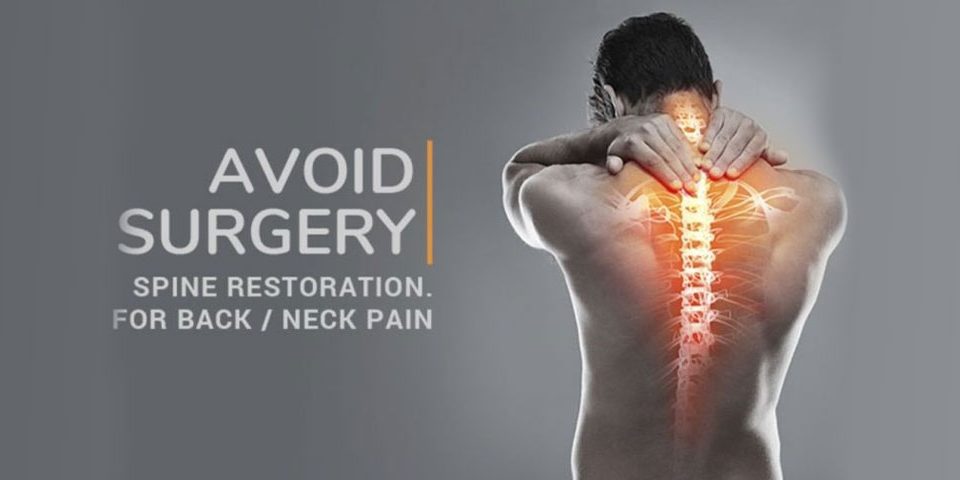
SPORT INJURIES
July 8, 2023
Chiropractice
September 3, 2023Sarcopenia is a progressive and generalised skeletal muscle disorder involving the accelerated loss of muscle mass and function that is associated with increased adverse outcomes including falls, functional decline, frailty, and mortality. It occurs commonly as an age-related process in older people, influenced not only by contemporaneous risk factors, but also by genetic and lifestyle factors operating across the life course.
It can also occur in mid-life in association with a range of conditions. Sarcopenia has become the focus of intense research aiming to translate current knowledge about its pathophysiology into improved diagnosis and treatment, with particular interest in the development of biomarkers, nutritional interventions, and drugs to augment the beneficial effects of resistance exercise. Designing effective preventive strategies that people can apply during their lifetime is of primary concern. Diagnosis, treatment, and prevention of sarcopenia is likely to become part of routine clinical practice.
A lot of studies showed that a Mediterranean dietary pattern or a diet with a predominant intake of vegetables, fruits, protein from legumes and omega-3 fatty acids might have the potential to reduce the risk of sarcopenia among older adults.
There are many evaluation methods for the diagnosis of sarcopenia, such as dual energy X-ray absorptiometry (DXA), bioelectrical impedance assessment (BIA), computed tomography (CT), magnetic resonance imaging (MRI), and ultrasound (US), which are all employed for evaluating muscle quality.
Walking can also prevent and even reverse sarcopenia, and it’s an activity most people can do for free, anywhere they live. A study of 227 Japanese adults over 65 years old found that six months of walking increased muscle mass, particularly in those who had low muscle mass.
Behavior changes are the primary treatments for sarcopenia. Physical activity focused on progressive resistance-based strength training can improve strength and physical performance and increase muscle mass. A healthy diet, including proteins, can also help when paired with exercise.




